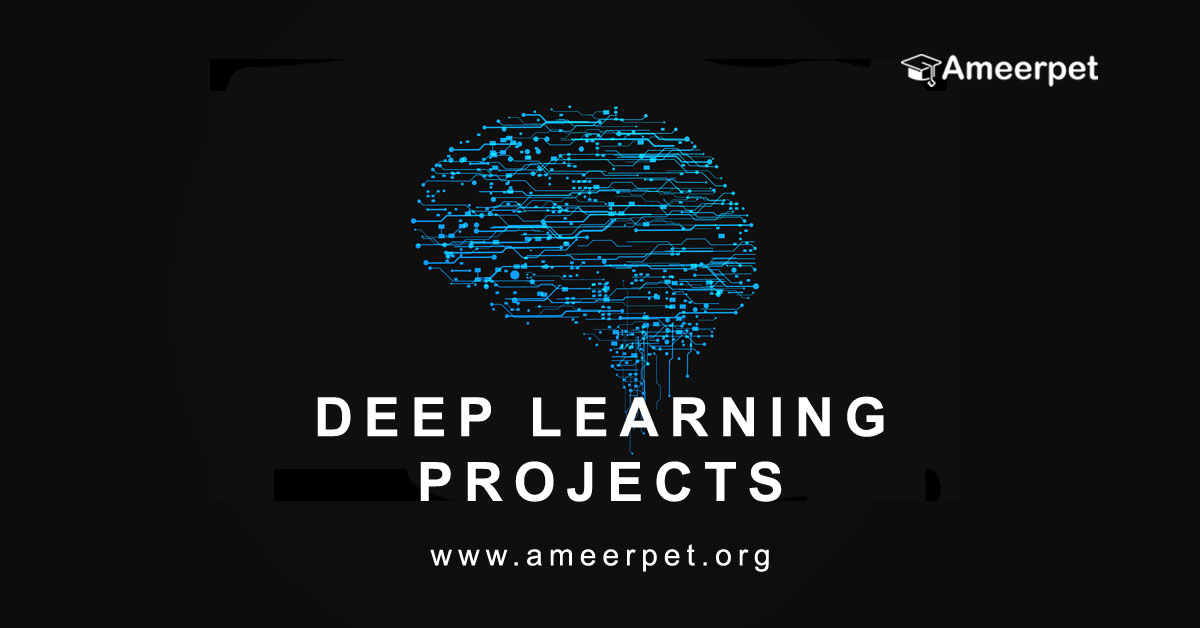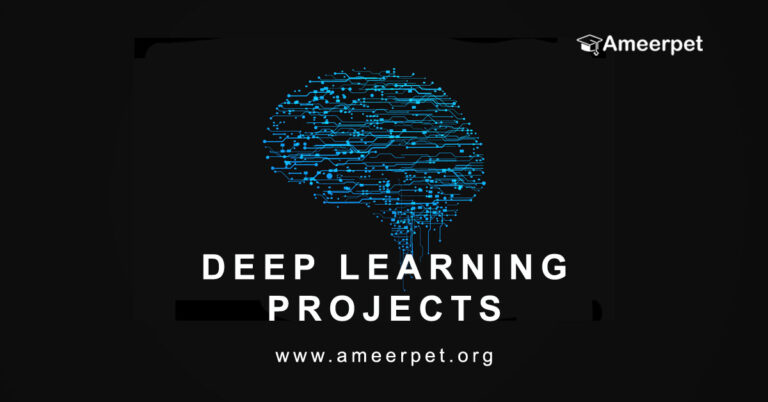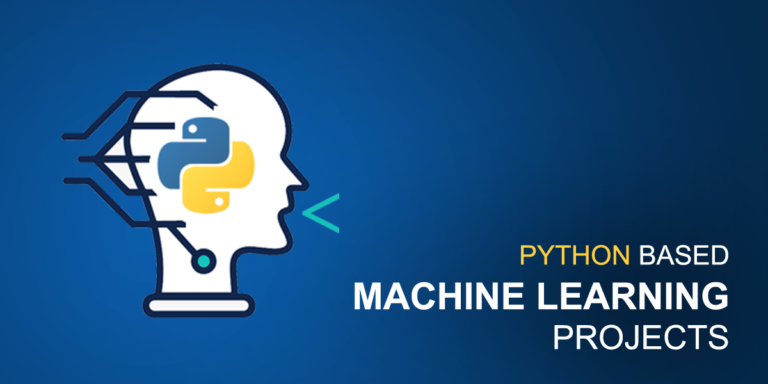
Abstract:
Deep Learning models complex phenomena. Deep Learning is also used in Intelligent Transportation Systems for vehicular perception and traffic analysis. In short-term traffic forecasting, Deep Learning’s ability to produce good results has created a widespread inertia toward using Deep Learning models without fully considering their pros and cons. This paper critically analyzes the state of Deep Learning for Intelligent Transportation Systems research. We discuss recent publications based on two taxonomic criteria. After critical analysis, questions and debate about Deep Learning for traffic forecasting are raised. The study concludes with a benchmark of various short-term traffic forecasting methods over different traffic datasets to cover a wide range of scenarios. Our experimentation shows that Deep Learning may not be the best modeling technique for every case, revealing some caveats that the community should address in future studies. These insights reveal new road traffic forecasting challenges and research opportunities, which are listed and discussed to inspire and guide future research.
Note: Please discuss with our team before submitting this abstract to the college. This Abstract or Synopsis varies based on student project requirements.
Did you like this final year project?
To download this project Code with thesis report and project training... Click Here

